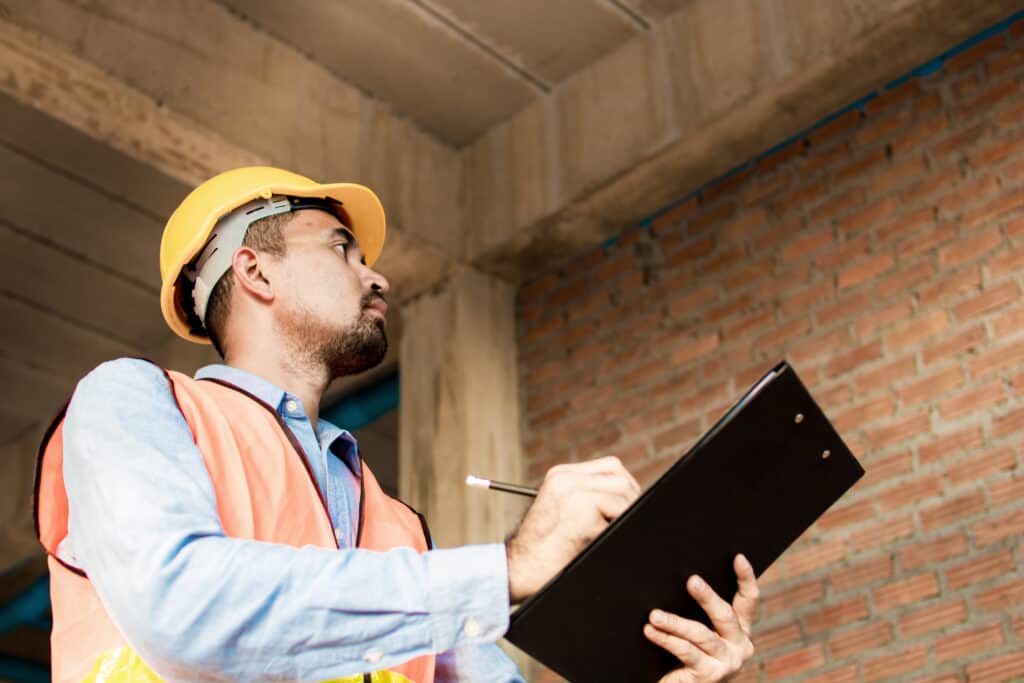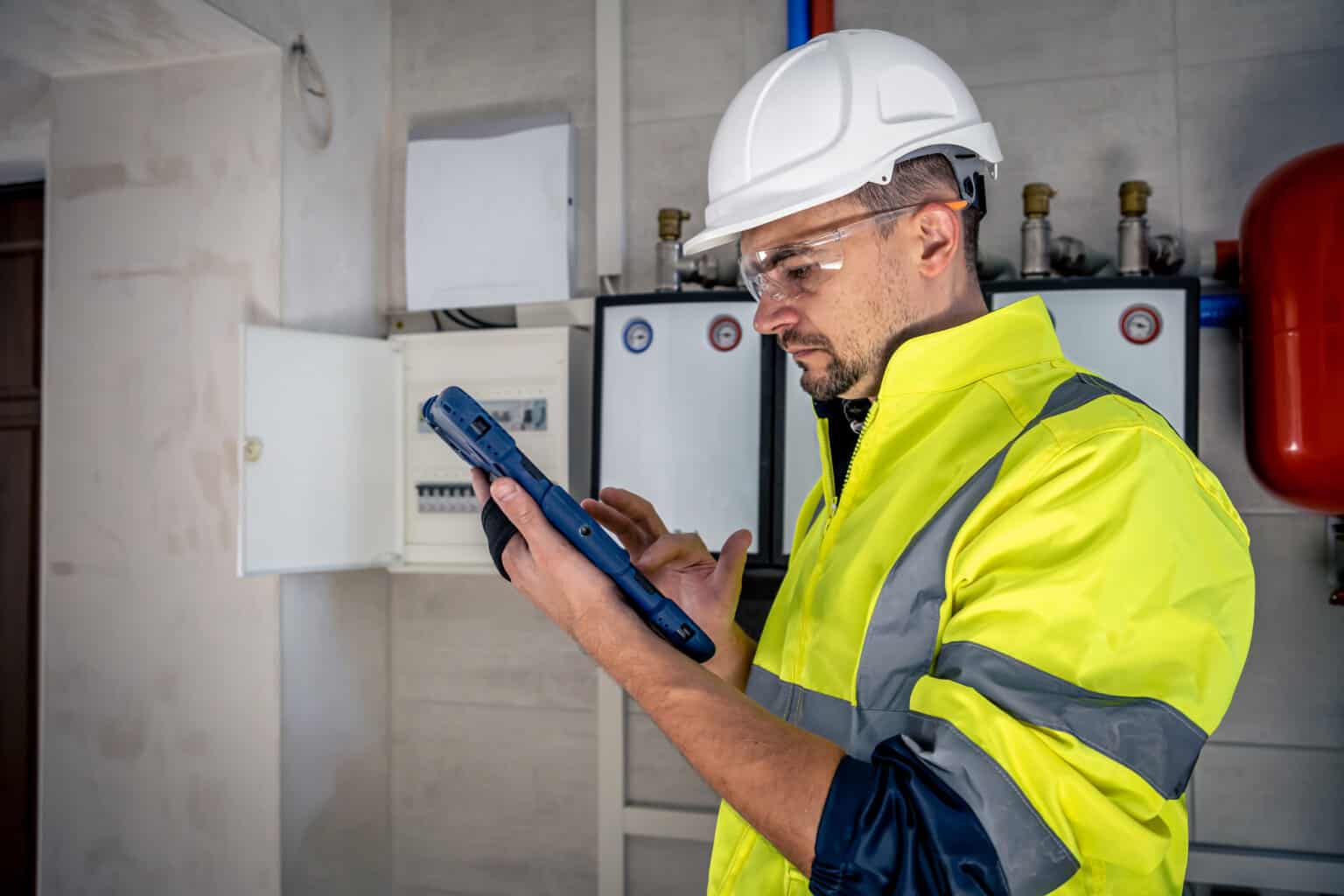Recent shifts in the energy landscape, spearheaded by innovations like solar energy and the surge in electric vehicle adoption, are reshaping the very foundations of building codes. Moreover, the departure from traditional natural gas in both residential and commercial new construction is a notable change. Building codes must adapt to this paradigm shift as organizations and operations increasingly adopt electrification, relying solely on electric power.
Municipalities face the challenge of continuously revisiting and updating the building codes to keep pace with rapidly evolving technologies. Analyzing the impact in specific communities will be needed to determine the applicable code adoptions. New building codes are evolving to address energy-driven changes. This allows for engagement and collaboration with constituents, industry consultants, and municipalities to develop and implement forward-thinking solutions, including amendments to the building codes.

Changing Landscape of Building Codes
Navigating compliance can be daunting, particularly given the complex web of overlapping jurisdictions and the necessity to comprehend various types and versions of codes.
Some building codes municipalities follow include:
- International Building Code (IBC)
- International Residential Code (IRC)
- International Existing Building Code (IEBC)
- International Mechanical Code (IMC)
- International Fire Code (IFC)
- International Fuel Gas Code (IFGC)
- National Electrical Code (NEC)
- International Energy Conservation Code (IECC)
- Illinois State Plumbing Code (ILPC)
- Illinois Accessibility Code (IAC)
The challenge lies in understanding the intricacies of individual codes and in recognizing the subtle variations that exist across jurisdictions since they typically have adopted amendments to the codes specific to their communities. Building codes are not uniform; they can differ significantly between states, cities, and regions, making it essential for professionals in the construction industry to have a nuanced understanding of the specific regulations governing their projects.
Example: Illinois Building Code Requirements in addition to the list above.
- 2021 Illinois Energy Conservation Code (IECC) w/Amendments
- 2014 Illinois State Plumbing Code (IPC)
- 2018 Illinois Accessibility Code (IAC)
This expanse of building codes, coupled with the dynamic nature of updates and amendments, amplifies the complexity of compliance, emphasizing the need for a strategic and informed approach when embarking on construction endeavors.
Creation of Stretch Codes
Stretch Codes have emerged as a potential solution in adopting shifts in the energy landscape. These codes offer an alternative compliance path to municipalities or jurisdictions that seek to go beyond the baseline requirements established by standard building codes. These codes encourage and mandate higher levels of energy efficiency and sustainable construction practices.
Stretch Codes offer municipalities seeking meaningful action on energy use and climate resilience an alternative, mandatory compliance path that goes beyond the available code options, promoting enhanced energy efficiency. Beyond environmental benefits, these codes translate into significant cost savings for residents and businesses, creating a win-win scenario. Moreover, adopting Stretch Codes contributes to gaining market acceptance for more energy-efficient codes in the future, fostering a collective commitment to sustainable building practices.

Partnering for Future-Ready Codes
Municipalities can partner with HR Green to bridge the gap between current building codes and the evolving landscape of energy consumption. By doing so, we envision communities that thrive on the benefits of solar energy, electric vehicles, and a more electric-centric way of life. We understand that these changes are not just about staying current; they are about future-proofing our communities and creating sustainable environments that testify to our commitment to a more energy-efficient world.
At the heart of HR Green’s success is a team of seasoned professionals, each certified in their respective fields, performing plan reviews and inspections for all building disciplines. From ICC Master Code Professionals, ICC-certified Building Officials, IDPH Certified Plumbing Inspectors, and Licensed Professionals such as Structural Engineers, Licensed Architects, ICC Permit Technicians, and Code Instructors, our diverse and highly qualified team possesses a wealth of knowledge.
Our commitment to excellence is reflected in the certifications and registrations held by our staff, showcasing their ability to navigate and comprehend the intricate web of complex building codes. With an average of 20+ years of experience, our professionals are an extension of your staff, ready to guide your projects towards seamless compliance.
Benefits of Code Consulting
Problem-Solving Approach: Our proactive problem-solving approach focuses on understanding the reasons behind building code changes best for your community.
Compliance Verification: Certified inspectors meticulously verify projects, upholding adherence to approved plans, specifications, and building codes.
Educational Role: We serve as educators, fostering collaboration by engaging in constructive dialogue, and empowering stakeholders to understand and meet compliance requirements for a more informed and compliant process.
Community Collaboration: HR Green recognizes the integral link between code compliance and community collaboration, actively helping agencies communicate to property owners during the permitting and inspection process.

Initiating Building Code Updates
In the ever-evolving landscape of construction and building codes, the need for a steadfast and knowledgeable partner has never been more crucial. As we’ve managed the changing terrain of energy code updates and environmental considerations, it becomes evident that navigating these complexities requires more than just compliance – it demands collaboration and a forward-thinking approach.
HR Green stands ready to be your trusted partner. Let us navigate the complexities together, assisting your projects in meeting regulatory standards and setting new benchmarks for excellence in the ever-changing landscape of construction and sustainability.
By choosing HR Green, you gain a strategic ally dedicated to your projects to meet and exceed regulatory standards. We encourage you to connect with our team for a personalized consultation on how HR Green can tailor its approach to your regulations process to fit your specific community.


